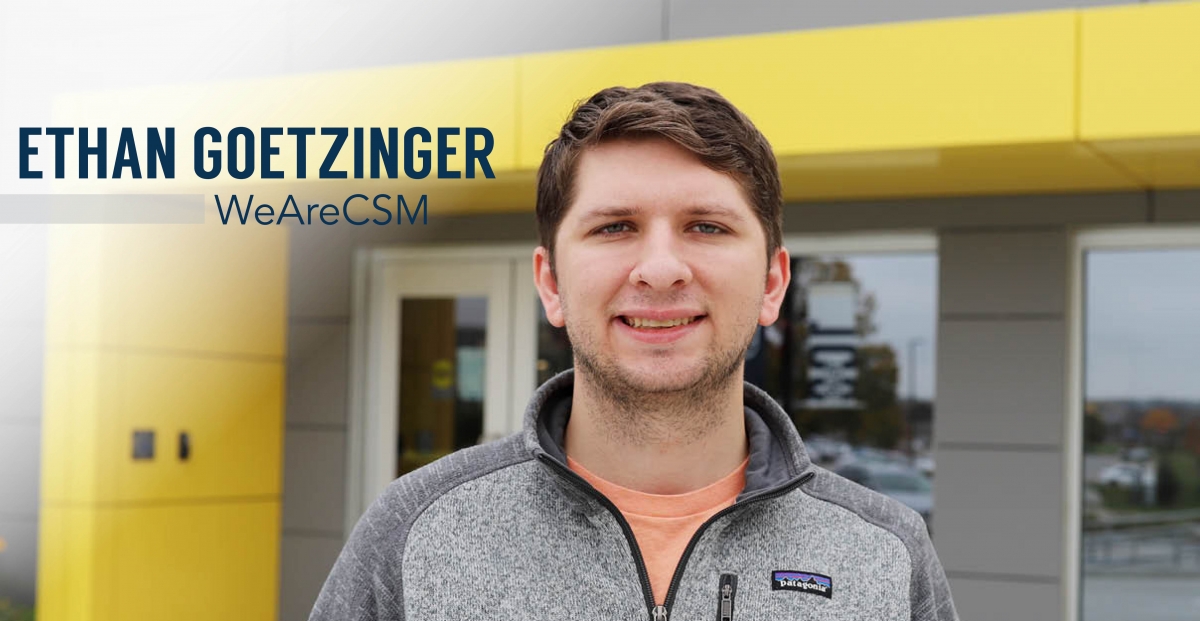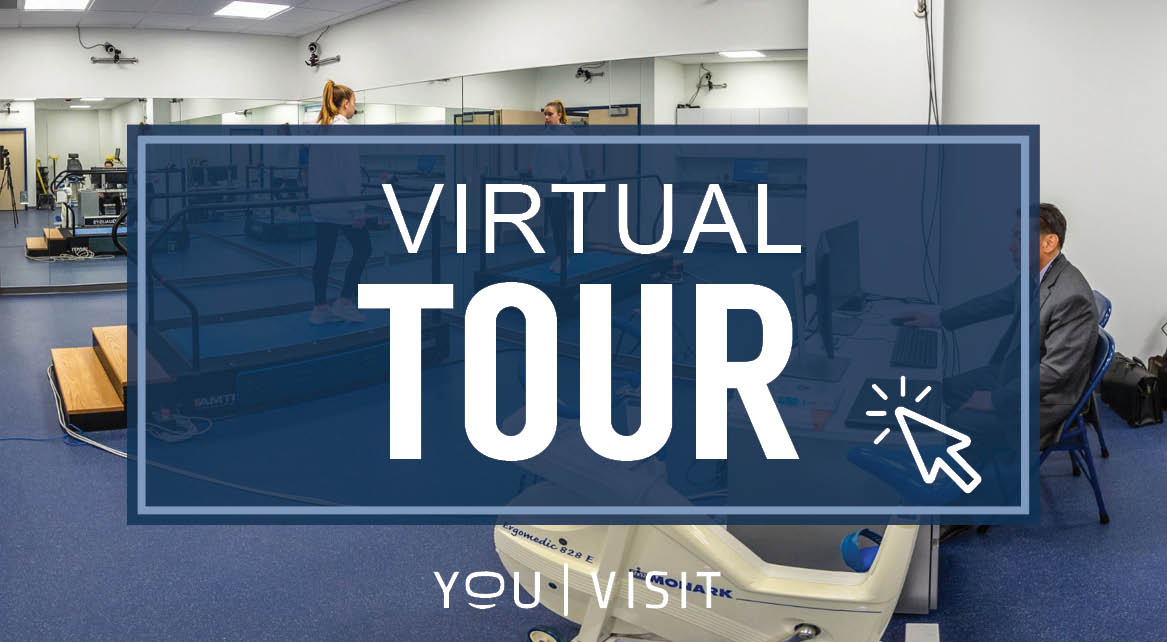Master of Science in Kinesiology & Exercise Science
The MKES program gives you the skills, experience, and connections to lead in sports performance, wellness, rehabilitation, and beyond. Learn from nationally recognized faculty in a supportive, online environment, with opportunities to research, publish, and network with leaders in the field.
Graduates pursue roles as strength and conditioning coaches, wellness directors, researchers, and educators—or advance to doctoral study. With both research and applied learning pathways, you’ll graduate ready to excel in the lab, on the field, or in the classroom.
Why MKES Students Choose CSM
- Small Classes – Direct access to nationally recognized faculty.
- Hands-On Learning – Real-world projects, research, and publication opportunities.
- Flexible Options – Thesis or project/internship pathway.
- Career Connections – Build your network in sports performance, wellness, and health.
- Supportive Community – A mission-driven environment focused on your success.
Graduate Student Earns Valuable Research Experience
The research component of the program appealed to Ethan, he envisioned himself actively engaging in this aspect of the program.
CSM’s Master of Science in Kinesiology and Exercise Science offers two types of concentrations – research-based thesis and graduate-level internship. The coursework emphasizes practical application to human movement and developing skills to apply to future career opportunities, and the curriculum helps students develop the skills needed to understand and interpret data involved in exercise science research.
“Dr. Shim explained to me how I can use kinesiology and my experience in speech and language pathology to do my own research,” Ethan said.










